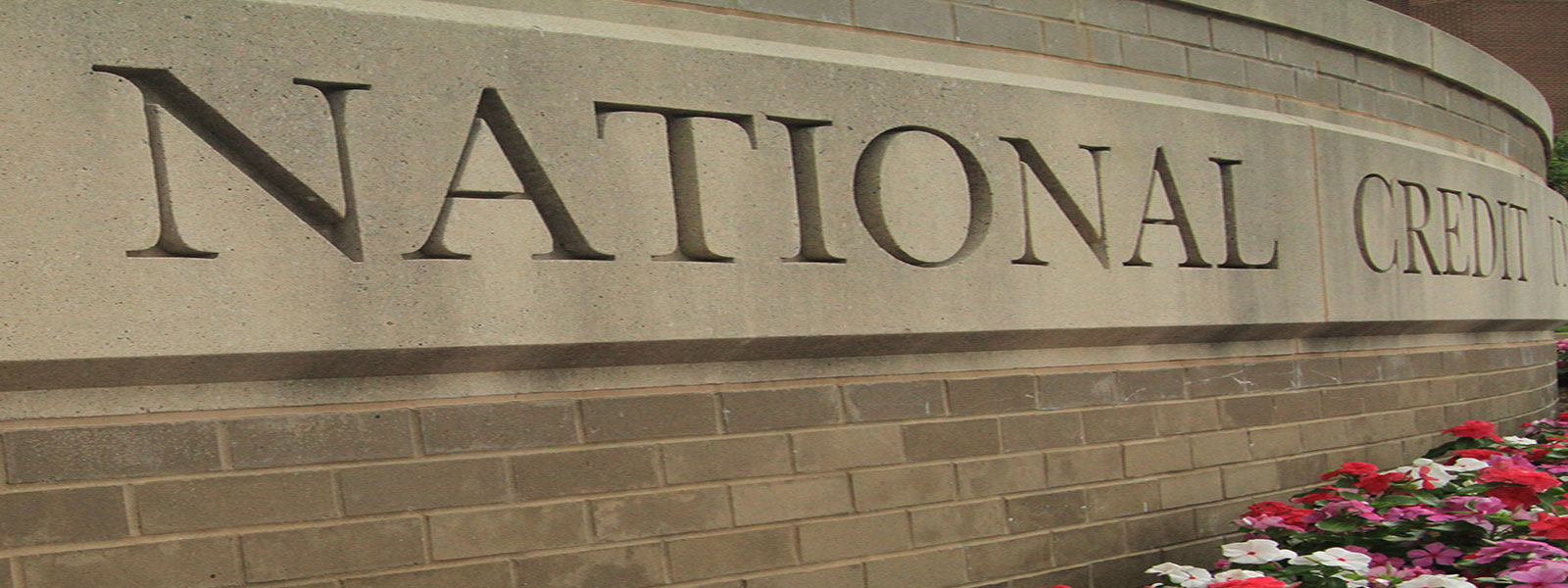
The NCUA recognizes the collapse of the New York City taxi medallion market has placed enormous financial and emotional strain on medallion holders and their families. We understand that behind every loan is a family.
We supported credit union members and borrowers in the wake of the taxi medallion crisis in a number of ways.
Protecting Member Deposits
The NCUA administers the National Credit Union Share Insurance Fund, which protects credit union members' accounts up to $250,000. A member’s interest in all joint accounts combined is insured up to $250,000. IRA and KEOGH retirement accounts are separately protected up to $250,000. The Share Insurance Fund has the backing of the full faith and credit of the United States. No credit union member has ever lost a penny of insured funds.
Ensuring Continued Access to a Federally Insured Credit Union
The NCUA ensured that former members of the taxi medallion credit unions could still use a federally insured credit union for their financial needs, resulting in minimal or no disruptions in service. This was done by facilitating mergers and purchase and assumptions of these failed or troubled credit unions.
Working with Borrowers
When the taxi medallion credit unions closed, we followed our standard practice to communicate with members at the time of liquidation. Each borrower received regular communications in the form of statements explaining what the NCUA is, how their loans would be serviced, how to make payments, and how to contact the servicer we use. We also proactively contacted borrowers if they were past due and took measures to ensure borrowers could continue to make in-person payments at locations where they had previously — a step we felt was critical given this unique field of membership.
Providing Relief Where We Could
Where we could, and within our authority under the law, the NCUA worked, through our servicer, with borrowers on an individual basis to provide relief, including restructuring loans to reduce payments and interest rates. During this period, we refinanced or modified more than 600 loans.
A number of factors complicated our efforts. First, it is important to remember these were business and commercial loans and therefore they work differently than consumer loans. To evaluate a borrower’s ability to repay the loan effectively, the NCUA collected and evaluated financial information about the business’s cash flow prior to modifying a borrower’s loan. This was a time intensive process, which required frequent contact with the borrower and their cooperation.
Second, the fluctuating value of the medallions that were used as collateral to secure the loans and, in some cases, the high levels of cash taken out to finance other purchases — such as residential real estate, automobiles or education — when the loans were refinanced also presented challenges.
Additionally, the taxi medallion ownership structure in New York City, including the role of mini-fleet owners and large relationship fleet owners, created unique obstacles as well.


